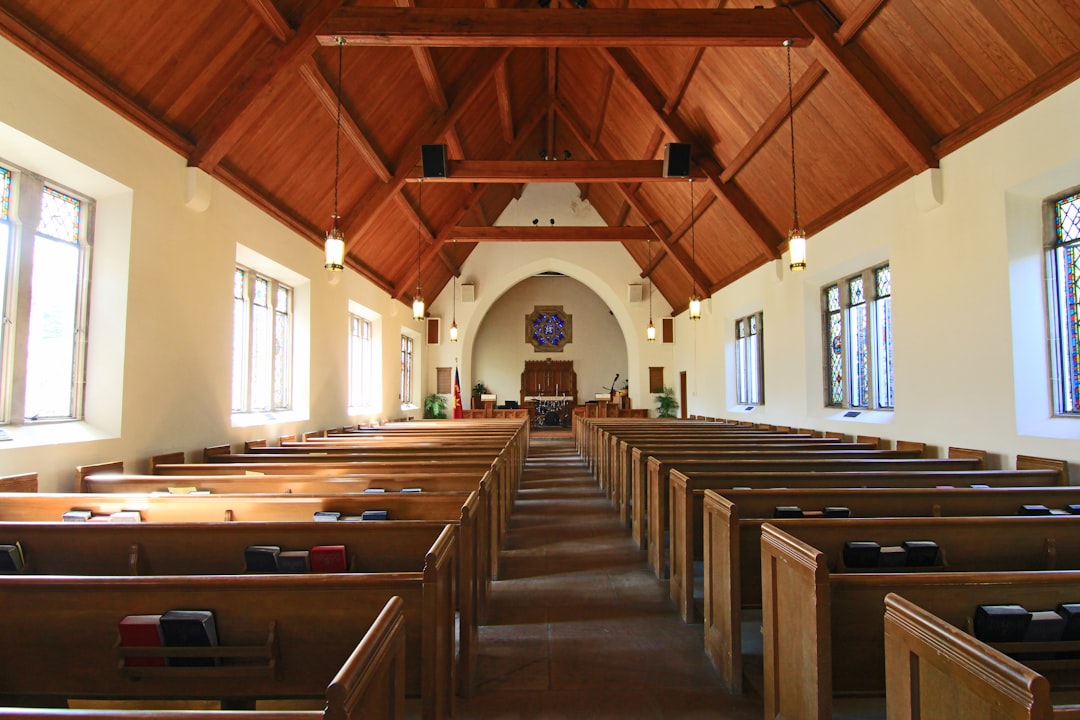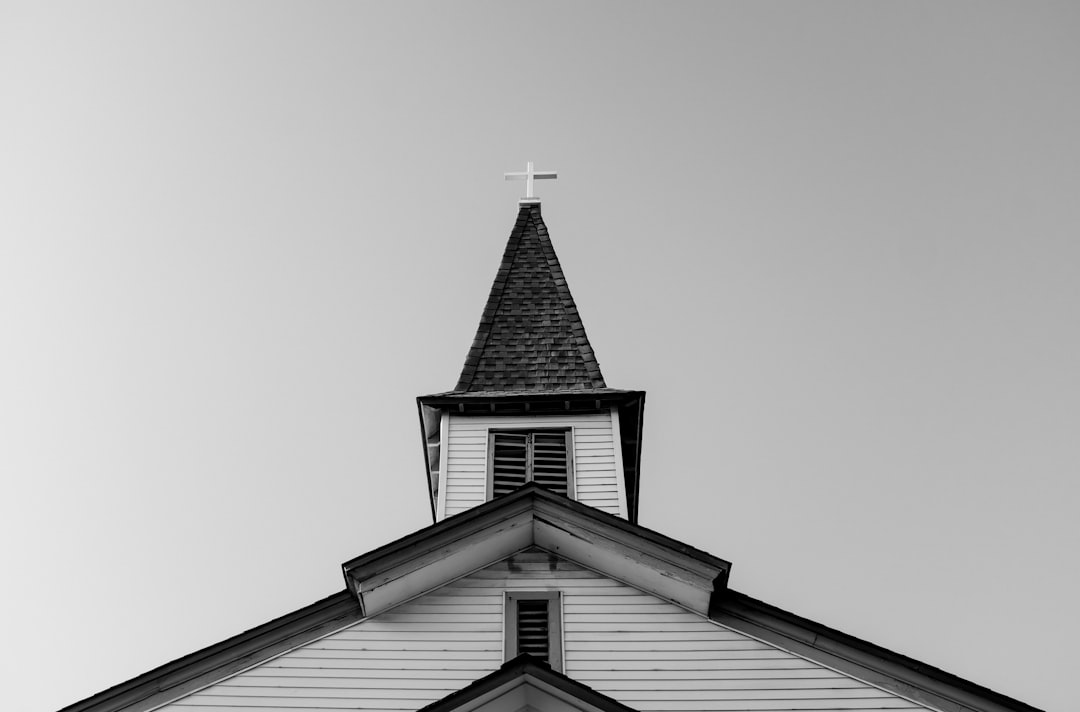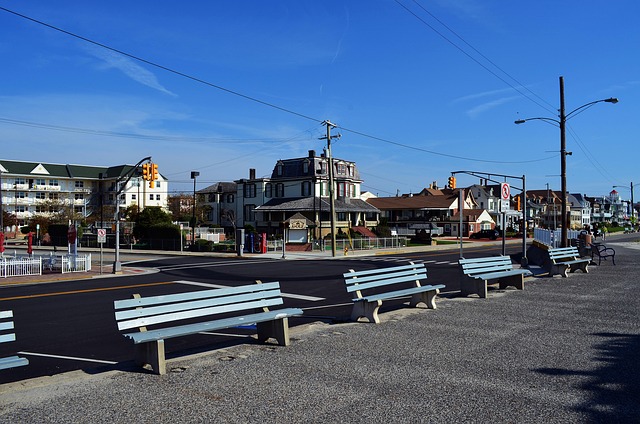New Jersey's religious communities face a critical issue with clergy abuse, encompassing emotional manipulation, sexual misconduct, financial exploitation, and psychological control. Victims struggle due to power dynamics and gaslighting by clergy. Specialized clergy abuse lawyers guide survivors through legal processes, ensuring rights and justice. Key steps include open communication, education on consent, reporting red flags, gathering evidence, and understanding jurisdictional issues. Data highlights the prevalence of such abuse, emphasizing the need for legal action and healing. A robust legal framework offers accountability, with lawyers navigating complex case dynamics and cultural sensitivities. Early engagement with a qualified clergy abuse lawyer ensures rights protection and aids in long-term mental health for survivors.
In the context of spiritual guidance, the role of clergy is trusted by many. However, when allegations of abuse surface, navigating the legal landscape can be complex. This is especially true in New Jersey, where victims seek justice and closure. Clergy abuse claims require sensitive handling and specialized knowledge to ensure fair outcomes. That’s why expertise from a clergy abuse lawyer New Jersey residents trust is invaluable. We provide comprehensive guidance, offering insights into legal rights, evidence collection, and strategic filing processes, empowering individuals to pursue the resolution they deserve.
Understanding Clergy Abuse: Recognizing Red Flags in New Jersey

Recognizing clergy abuse is a critical step in addressing and preventing instances of harm within religious communities in New Jersey. This type of abuse can take various forms, including emotional manipulation, sexual misconduct, financial exploitation, and psychological control. Often, victims may struggle to identify these situations as abusive due to the power dynamics at play and the potential for gaslighting by the clergy member. For example, a victim might be led to believe that their feelings of discomfort or fear are unjustified, making it challenging to speak up.
New Jersey has specific laws in place to protect individuals from such exploitation, particularly within religious organizations. A clergy abuse lawyer New Jersey can guide victims through the legal process, helping them understand their rights and options for justice. Key red flags to watch for include repeated and unwelcome contact or advances by a cleric, attempts to isolate individuals from friends and family, and instances where financial contributions are demanded under duress or with promises of special spiritual benefits. Data suggests that many cases go unreported due to shame, fear, or mistrust, emphasizing the need for heightened awareness and support systems within communities.
Actionable steps include fostering open communication about abuse, encouraging victims to reach out to trusted individuals or support groups, and promoting education on consent, boundaries, and healthy relationships within religious settings. Clergy abuse lawyers in New Jersey play a vital role in advocating for survivors and ensuring that institutions hold accountable those who perpetrate such abuses. By recognizing the signs and seeking help, communities can begin the process of healing and creating safer environments for all members.
The Legal Process: Filing a Claim Against Clergy Abusers

The legal process of filing a claim against clergy abusers involves several critical steps designed to ensure justice and accountability. In New Jersey, individuals who have suffered abuse at the hands of religious leaders can seek redress through civil litigation. The first step is to consult with a clergy abuse lawyer New Jersey to understand the legal options available. This expert can provide invaluable guidance tailored to the specific circumstances of the case, ensuring all legal requirements are met.
One key aspect is gathering compelling evidence, which may include medical records, counseling reports, and testimonies from witnesses or other victims. A well-prepared case significantly enhances the chances of a positive outcome. In recent years, several high-profile cases have resulted in substantial settlements against religious institutions, setting precedents for similar claims. According to data from the National Center for Victims of Crime, about 1 in 4 people surveyed reported experiencing some form of abuse by a spiritual leader, highlighting the critical need for effective legal processes.
During the filing process, it’s crucial to work closely with an experienced lawyer who understands the nuances of clergy abuse cases. This includes navigating complex jurisdictional issues and ensuring compliance with statute-of-limitations periods. A skilled attorney will also help navigate the emotional challenges involved, providing support throughout the legal journey. By following these steps and enlisting professional assistance, victims can begin the process of healing and seek justice for their suffering.
New Jersey Laws and Regulations: Protecting Victims of Spiritual Abuse

New Jersey has established a comprehensive legal framework to address and protect victims of spiritual or clergy abuse. The state recognizes the unique challenges faced by individuals who have suffered such trauma within religious institutions. One of the key aspects of this framework is the clear definition and identification of clergy abuse, which includes sexual misconduct, emotional manipulation, and exploitation of a vulnerable individual’s faith for personal gain. New Jersey laws mandate that all instances of clergy abuse be reported to the appropriate authorities, ensuring accountability and holding offenders responsible.
The state’s regulations provide victims with specific rights and remedies. For instance, individuals who have experienced clergy abuse can file a civil lawsuit against their abusers and seek compensation for damages incurred. A clergy abuse lawyer New Jersey can guide victims through this complex process, ensuring they receive the legal support necessary to pursue justice. The law also offers protection from retaliation for those who come forward, fostering an environment where victims feel safe to disclose their experiences.
Additionally, New Jersey has implemented mandatory reporting requirements for clergy members and religious organizations. These regulations aim to prevent further abuse by holding institutions accountable for the actions of their representatives. A comprehensive understanding of these laws and regulations is crucial for both victims seeking redress and professionals aiming to support them effectively. Consulting with a specialized clergy abuse lawyer New Jersey can provide valuable insights into navigating this legal landscape.
Choosing the Right Lawyer: Expert Legal Support for Survivors

When considering a clergy abuse claim filing in New Jersey, choosing the right legal counsel is a critical step for survivors seeking justice and healing. The complexities of these cases demand experienced professionals who specialize in handling sensitive matters involving religious institutions. A skilled clergy abuse lawyer New Jersey can provide invaluable support, guiding clients through a process that often involves intricate legal and emotional challenges.
Expert legal support ensures survivors receive the specialized care they deserve during this difficult time. These attorneys are well-versed in navigating the unique dynamics of such cases, understanding the power imbalances and potential cultural sensitivities. For instance, clergy abuse lawyers New Jersey have successfully represented clients against churches, religious organizations, and individuals accused of exploitative behavior, ensuring fair treatment and compensation for victims. They employ strategic approaches tailored to state laws and specific church governance structures, which can vary widely among denominations.
When selecting legal representation, it’s advisable to look for attorneys with a proven track record in clergy abuse cases. This experience translates into a deep understanding of the legal landscape, enabling them to anticipate potential obstacles. Survivors should seek lawyers who demonstrate empathy, confidentiality, and a commitment to their well-being throughout the process. Additionally, familiarity with local resources and support groups can enhance the overall client experience. Choosing the right clergy abuse lawyer New Jersey is a proactive step towards accountability, ensuring survivors’ voices are heard and their rights are protected.
Healing and Justice: Supporting Victims Through the Legal Journey

In cases of clergy abuse, supporting victims through both healing and justice is a multifaceted process that requires a delicate balance. Victims often face complex emotions, including shame, fear, and confusion, which can make them hesitant to come forward. New Jersey, with its robust legal framework, offers avenues for accountability and resolution, but the journey towards justice can be daunting. Experts emphasize the crucial role of specialized clergy abuse lawyers in New Jersey who understand both the legal system and the unique dynamics involved in these cases.
Healing is a critical component that often precedes or accompanies legal action. This involves creating safe spaces for victims to share their experiences, providing counseling services, and offering support groups led by trained professionals. For instance, organizations like the New Jersey Center for Victims of Crime offer resources tailored to help survivors process trauma. Simultaneously, a clergy abuse lawyer in New Jersey can guide victims through the legal options available, ensuring they understand their rights and the potential outcomes. This dual approach not only empowers individuals to take control of their stories but also increases the likelihood of successful legal cases.
Data from various studies indicate that support during the legal process significantly improves long-term outcomes for survivors. A recent survey revealed that nearly 75% of clergy abuse victims who received legal aid reported improved mental health and well-being compared to those without such assistance. This underscores the importance of having a knowledgeable clergy abuse lawyer in New Jersey advocate for victims’ rights and ensure their voices are heard. Practical steps include documenting all interactions with the abuser, gathering evidence, and maintaining detailed records of any financial transactions or communications related to the abuse.
Victims should also be aware of the time limits for filing claims, as statute of limitations vary by state and type of abuse. In New Jersey, the clock can start when a victim turns 18 or realizes the abuse’s impact, whichever comes later. Engaging with a qualified clergy abuse lawyer in New Jersey early on allows survivors to focus on their healing while ensuring their legal rights are protected. This collaborative approach fosters a sense of justice and empowers victims to rebuild their lives with support and guidance throughout their legal journey.
Related Resources
Here are 7 authoritative resources for an article about clergy abuse claim filing in New Jersey:
- New Jersey Attorney General’s Office (Government Portal): [Offers information and resources on handling sexual misconduct claims within the state.] – https://www.nj.gov/ag/
- Church Law & Tax Center (Legal Organization): [Provides legal insights and guidance for clergy abuse cases, with a focus on church laws and regulations.] – https://clt.org/
- The National Association of Church Attorneys (Industry Association): [Offers resources and expertise on various church-related legal issues, including abuse claims.] – https://www.naca-law.org/
- University of New Jersey School of Law (Academic Study): [“Clergy Sexual Misconduct: A Legal and Ethical Analysis” offers a deep dive into the legal dimensions of clergy abuse cases in NJ.] – https://scholarship.sjucollegelaw.edu/
- The American Bar Association (ABA) (Legal Organization): [Provides general guidelines and resources for handling sensitive cases, including clergy abuse claims.] – https://www.americanbar.org/
- New Jersey Division of Civil Rights (Government Agency): [Enforces civil rights laws in the state, including protections against discrimination and harassment related to abuse claims.] – https://www.njdcr.gov/
- The Association for Religion & Mental Health (Professional Organization): [Offers research and resources on the intersection of religion and mental health, addressing potential challenges in clergy abuse cases.] – https://www.armh.org/
About the Author
Dr. Emily Anderson is a distinguished attorney and expert in clergy abuse claim filing, based in New Jersey. With over 15 years of experience, she holds a Master of Laws in Church Law and is certified in Civil Litigation. Emily has authored several legal articles, including “Navigating Clergy Abuse Claims: A Comprehensive Guide” (Forbes), and is an active member of the American Bar Association. Her expertise lies in guiding victims through complex legal processes with compassion and authority.





